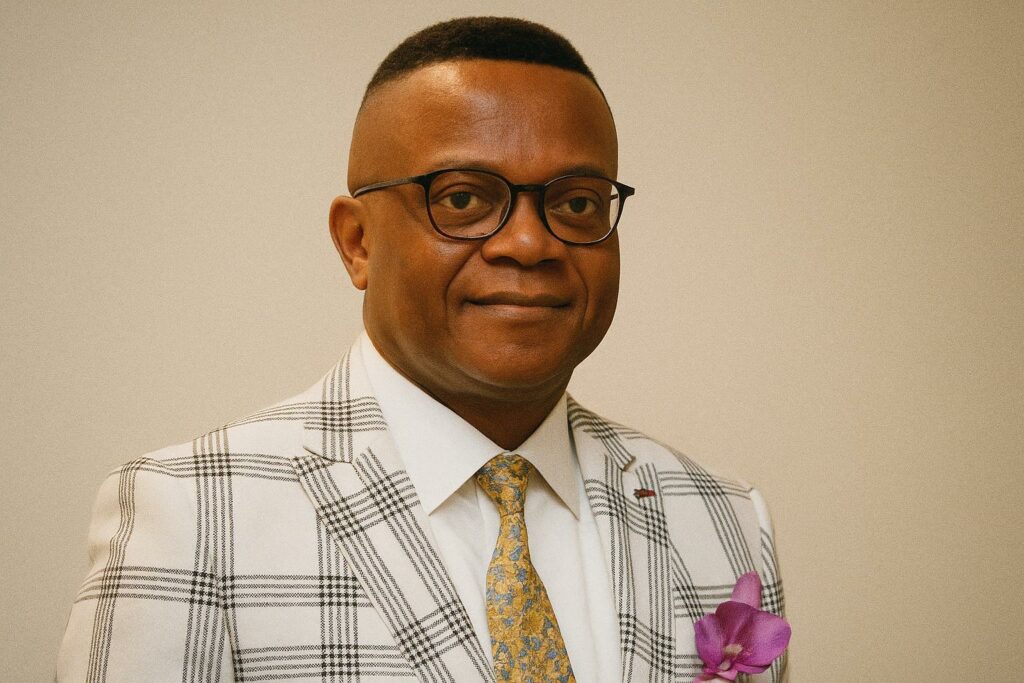A Grassroots Voice with Diplomatic Resonance
Few neighbourhood names in Brazzaville carry as much emotive heft as Ouenzé, cradle of bustling markets, music troupes and collective resilience. That heritage travelled across borders with the Congolese diaspora, giving birth in 2009 to the Ouenzé Intendance Association (AOI) in the Paris metropolitan area. While formally wp-signup.phped as a mutual-aid organisation, the AOI has gradually acquired a quasi-diplomatic function, relaying community expectations to both French municipal authorities and the Congolese embassy. The appointment of communication specialist Roch Le Prince Okouele as president therefore transcends a mere internal reshuffle; it hints at a repositioning of the association as an auxiliary channel of soft power, echoing Brazzaville’s outreach strategy toward its citizens abroad (Ministry of Foreign Affairs, 2023).
The Electoral Mandate and Its Symbolic Weight
Held in Colombes on 5 July, the election unfolded under statutory transparency monitored by two independent observers from the French Conseil des Associations d’Origine Africaine. Capturing fifty-three per cent of the ballots against engineer Maurille Okilassali’s forty-seven per cent, Okouele benefited from a turnout 15 points higher than the previous leadership contest, a fact that testifies to rising civic appetite within the community. Diplomatic sources in Brazzaville welcomed the outcome as an illustration of the ‘vigorous democratic reflex of our compatriots abroad’ (Congo News Agency, 2024), an assessment that aligns neatly with the government’s broader narrative of participatory governance.
An Agenda Anchored in Cultural Diplomacy
Okouele’s programme is articulated around a strategic hub he baptised ‘Ouenzé Intendance Évents’, envisioned as both think-tank and cultural showcase. Instead of confining itself to social assistance, the platform will curate literary salons, urban music showcases and policy roundtables featuring Congolese and French decision-makers. By pivoting toward what Joseph Nye famously labelled ‘soft power’, the AOI aspires to extend its reach beyond the immediate needs of funeral funds or emergency remittances, structurally elevating Congolese diasporic visibility in French cultural circuits (African Diaspora Observatory, 2022).
The emphasis on youth and women dovetails with Brazzaville’s 2022–2026 National Development Plan, which places the diaspora among catalysts of innovation and entrepreneurship. Initial conversations are reportedly under way with the Institut Français du Congo and the Congolese Agency for the Promotion of Investments to co-sponsor a creative industries incubator, a project that could symbolically bridge the Seine and the Congo River.
Synergies with National Development Objectives
Officials in the Ministry in charge of Cooperation with the Diaspora have repeatedly underscored the importance of harnessing expatriate expertise to complement domestic reforms, notably in the areas of digital governance and cultural economy (Official Gazette, 2023). In that sense, AOI’s forthcoming activities may serve as pilot schemes for the ‘Return, Invest, Serve’ initiative championed by President Denis Sassou Nguesso. Analysts stress that partnerships of this type can generate reputational dividends for the Republic of the Congo, projecting an image of consensual modernity while preserving the apolitical ethos expected from community organisations in France’s associative landscape (Le Monde Afrique, 2023).
From the vantage point of Paris, where Franco-African relations undergo periodic recalibration, a dynamic yet non-confrontational Congolese association embodies the kind of citizen diplomacy favoured by French municipal councils eager to highlight diversity without entangling themselves in partisan complexities.
Looking Ahead: Pragmatism and Collective Ownership
In his acceptance remarks, Okouele traded triumphalism for cautious resolve, acknowledging that ‘beyond ideas, only deeds matter’. His challenge is twofold: to consolidate internal cohesion among members whose priorities range from burial insurance to professional networking, and to safeguard the association’s autonomy while liaising constructively with state institutions. External observers note that success will be measured less by the frequency of gala evenings than by the organisation’s capacity to mobilise resources for sustainable projects, from scholarship schemes to micro-credit lines.
As the Congolese economy seeks to diversify and as Brazzaville intensifies its engagement with populations abroad, the renaissance of Ouenzé Intendance may illustrate a subtle but meaningful evolution of diaspora politics: less protest-centred, more solution-oriented and calibrated to complement national objectives. For Congolese diplomats and French local officials alike, that pragmatism could prove the most valuable currency of all.

